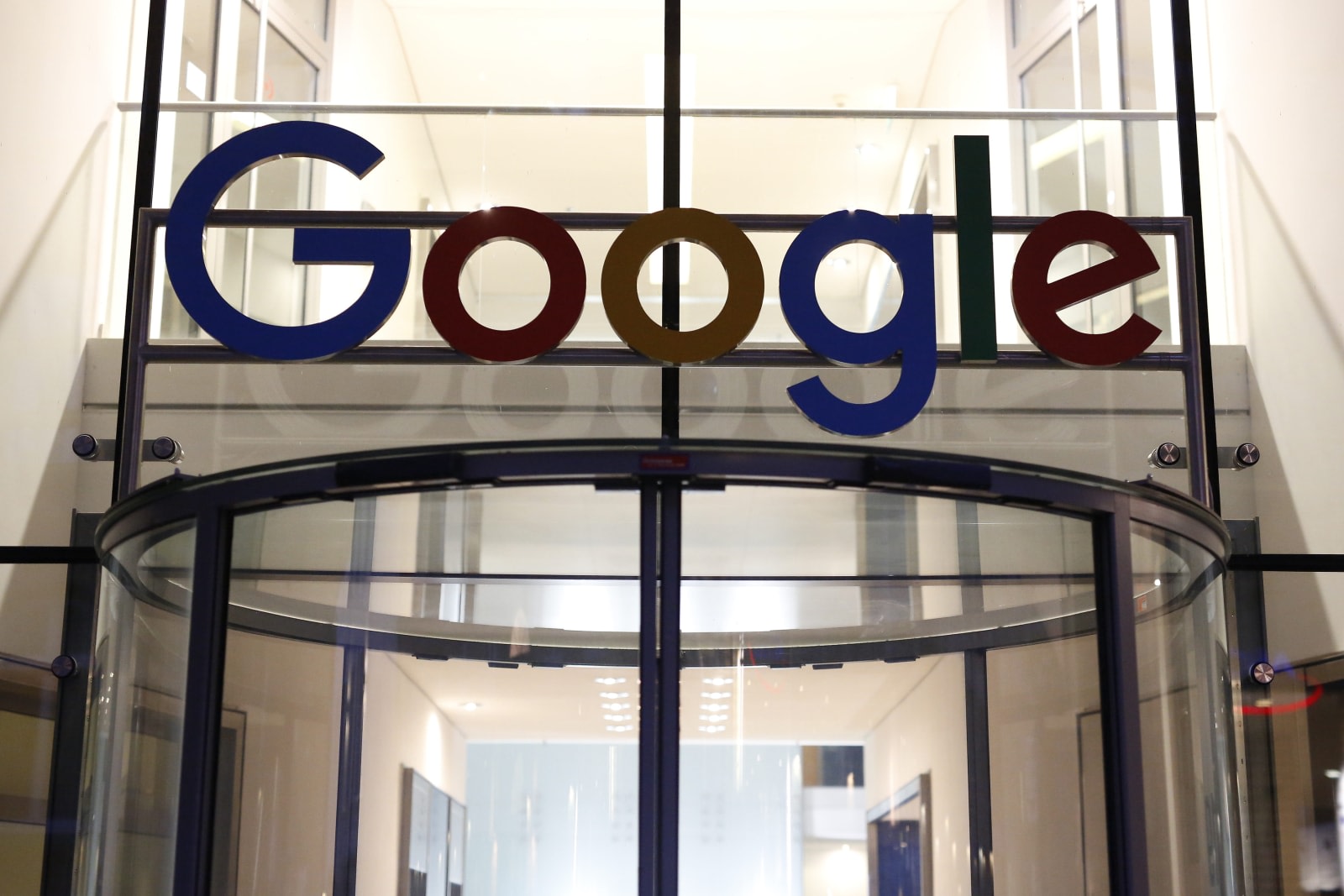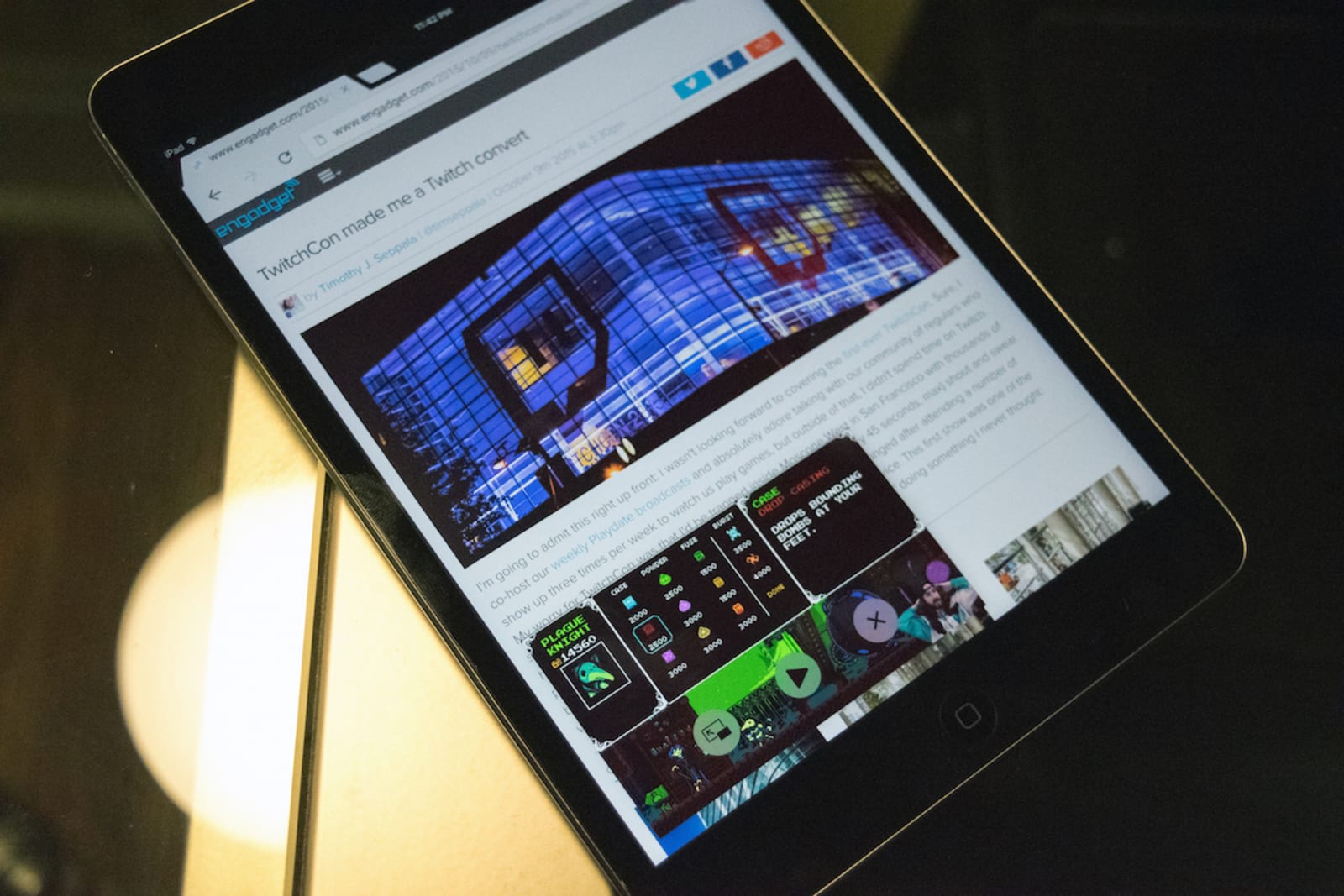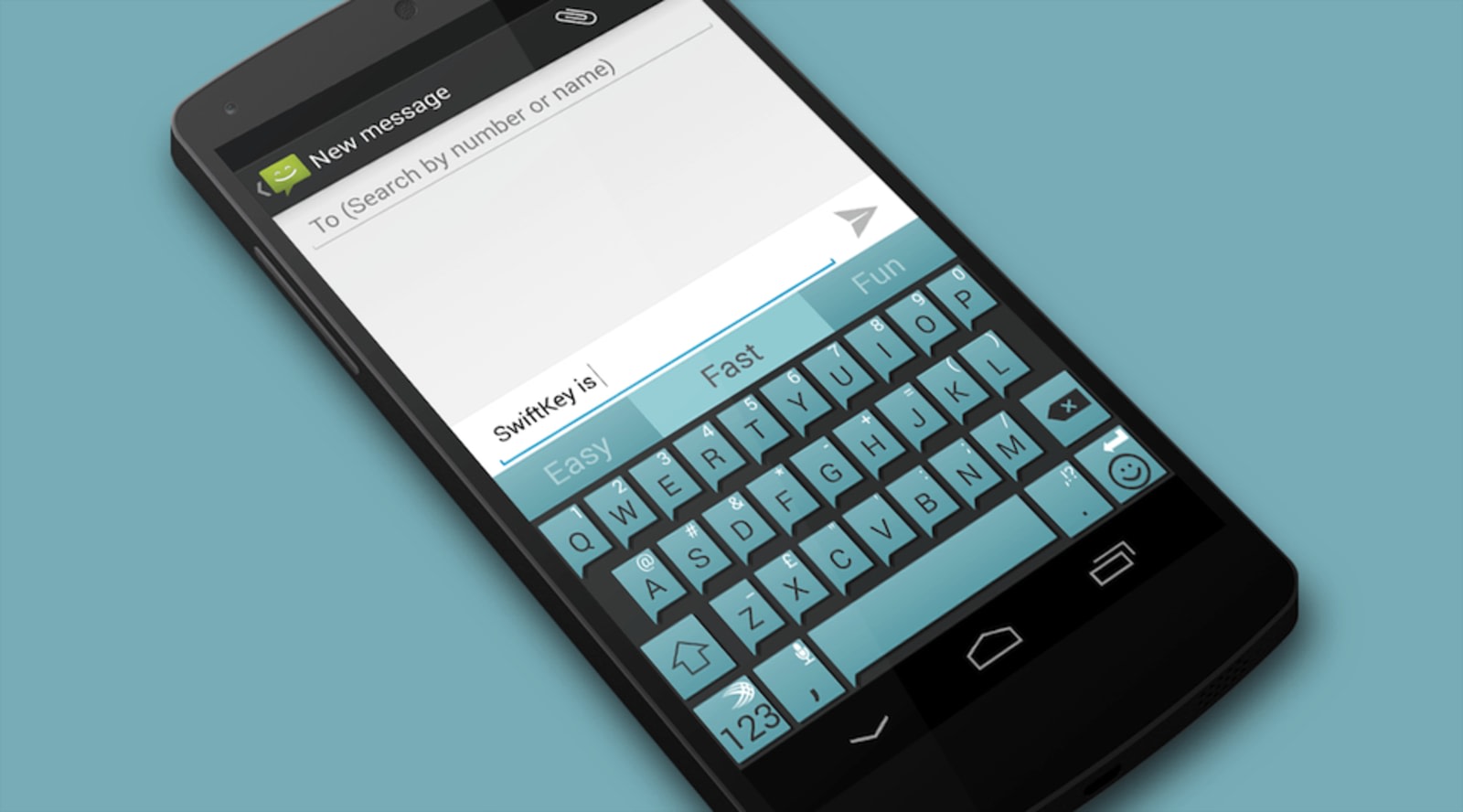2:30 PM: Ran down to St. Marks to get some footage of the DTEK50 for our hands-on video. Setting up the phone was business as usual, but the phone got noticeably warm for reasons that weren't readily apparent. At the same time, battery drain kicked into high gear for a spell, even though few apps were running at the time. Weird. My hopes for this phone start to sink a bit.
4:30 PM: Hustled back to the office to give the DTEK50 a much-needed charge. Thankfully, Qualcomm's QuickCharge 2.0 tech got the phone back on its feet within minutes and I let it regain about a half charge. I fiddled with it more in the meantime; it's a pretty smooth little machine, and the DTEK50 seemed like a decent, slightly underpowered workhorse. It would've been nice to see BlackBerry choose a reference design with a beefier chipset like a Snapdragon 652, but the company wanted to keep costs down. I haven't yet gotten a great feel for the camera but early test shots seemed in line with other devices that cost the same, and the screen's pretty decent, to boot. Meanwhile, my boss Dana says the DTEK50's textured back reminds her of a cat's scratching post.

6:30 PM: My latest meeting ends and I'm back at the office contemplating the DTEK50 again. BlackBerry insists that the DTEK isn't a rebranded device -- it's a standalone smartphone with security as its biggest selling point. From security keys baked into the processor during manufacturing to the full-disk encryption that's enabled by default, It's clear that BlackBerry's security know-how is one of its most powerful assets.
You won't notice much of that in practice, though. The phone's namesake DTEK app gives you a quick look at how secure your device is and how you can lock it up even further, but that's really all the insight you'll get. On the plus side, though, DTEK also gives you the option to manage your apps' permissions from inside it, which is a nice touch made possible by Android Marshmallow.
If you've used a Priv before, you'll feel immediately at home with the DTEK50's software features. As usual, you can manage your messages from the BlackBerry Hub and swipe up on app icons to see their widgets. The DTEK50 is another mostly-stock-Android affair, and I'm warming up to it more because of that. It certainly doesn't hurt that the company's secure-software approach hasn't impeded performance; it's as fast as the new Moto G4, but I wonder if there's anything here regular consumers would respond to.

8:30PM: After a beer -- fine, a few beers -- the DTEK50 makes perfect sense. As a business move, it's a great idea: BlackBerry gets a new device on the market without spending loads of money on product development. It's also an appropriate follow-up to the Priv, if you think about it. BlackBerry's first Android phone dealt with some serious scrutiny from critics and security buffs alike, and for the most part, the company is pleased with how it all turned out. Now that it had a better sense of how the response to an Android-powered BlackBerry, the company was free to take that formula and apply it to a device that was meant to be sold in bulk -- to businesses, say, or governments. The DTEK50 is, as company spokespeople called it, a "fleet" device. If the DTEK50 finds a foothold with regular people, great! If not, so be it. As long as those corporations snap them up.

11 PM: It's late, I'm tired and the DTEK50 is still hanging on -- 15 percent battery to go. And seriously, this thing is actually called the DTEK50? BlackBerry says it's meant partially to evoke the numbers used by BB10 devices -- the company topped out with the Z30 before switching back to proper names, so "50" was the next logical step. Still, it's straight-up gibberish without a nuanced understanding of BlackBerry's recent history.
I'm growing fonder of this thing, though, partially because it's a solid little phone but also because it's a symbol of John Chen's shrewdness. He's said countless times before that BlackBerry will bail out of the hardware business if it's not profitable, but dang it, the company just keeps trying anyway.











